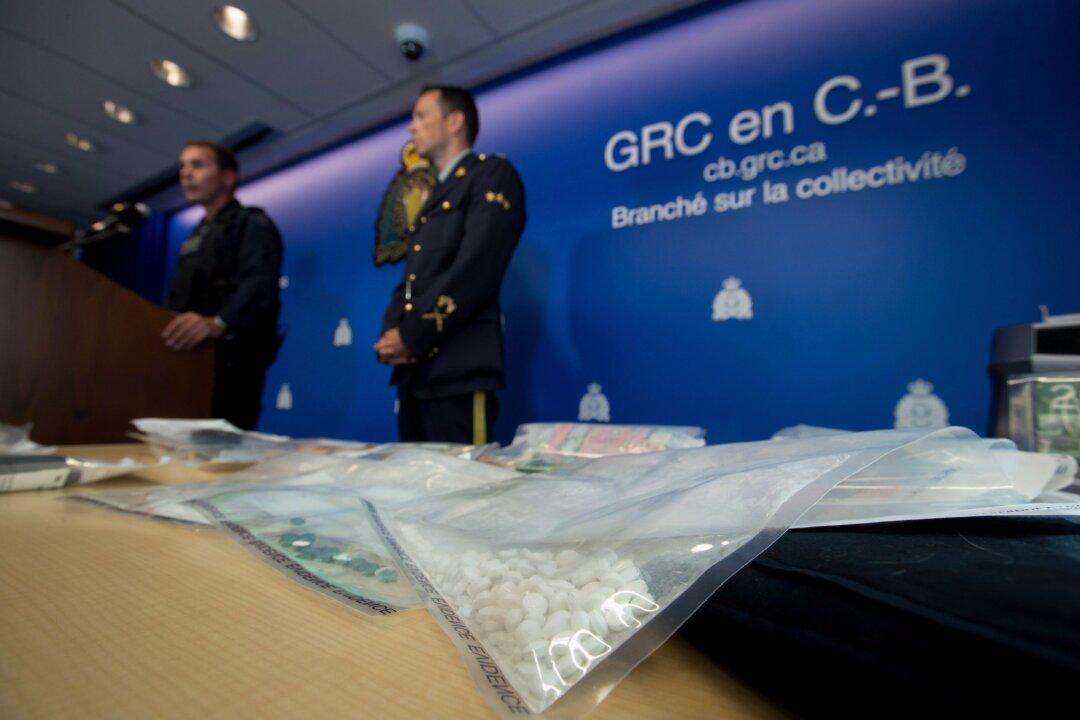On Jan. 31, the B.C. government will decriminalize possession of hard drugs under a temporary authorization by Health Canada. Adults over 18 will not be arrested or charged, and their drugs will not be seized, if found in possession of less than 2.5 grams total of any combination of cocaine, methamphetamine, MDMA, heroin, fentanyl, and/or morphine, for personal use.
Carolyn Bennett, federal minister of mental health and addictions, said at a news conference in Vancouver on Jan. 30 that the province’s “harm reduction” plan will “reduce the stigma, the fear, and shame that keep people who use drugs silent about their use, or using alone.”





